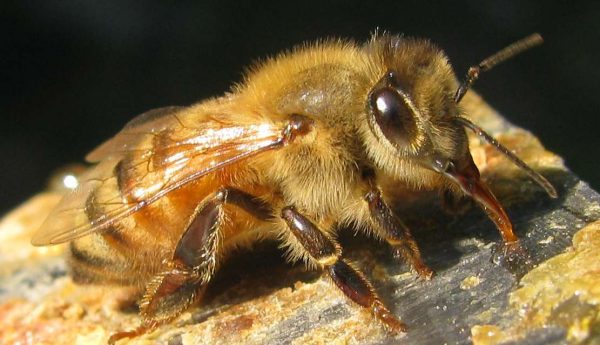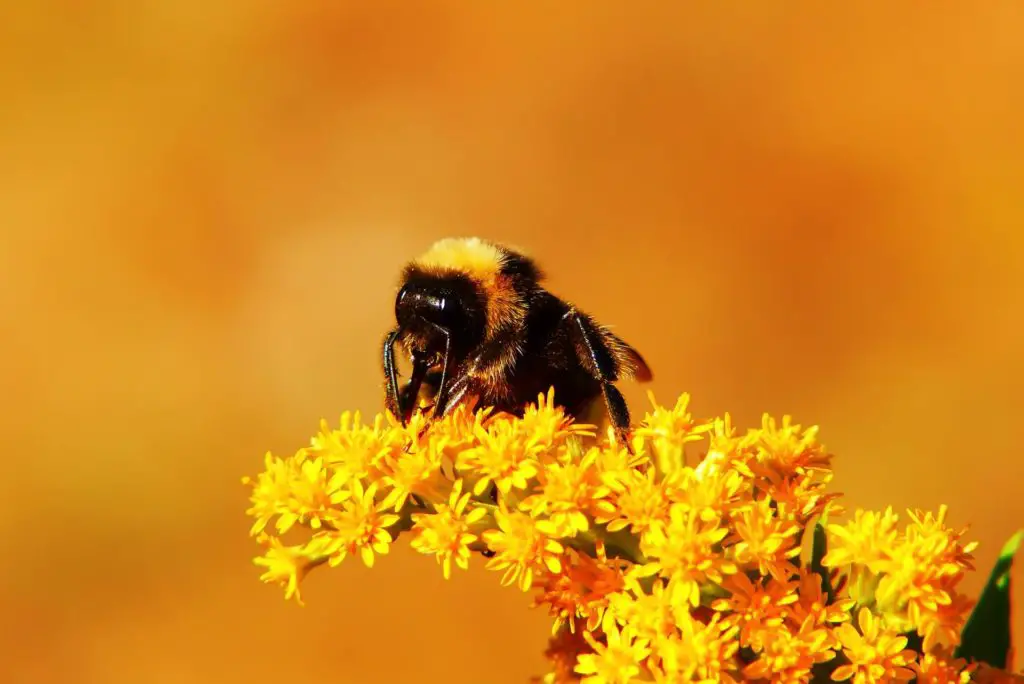Gallery


:max_bytes(150000):strip_icc()/GettyImages-1034249376-f18308ef6b4a431fbb6f9ceebc083830.jpg)



Bees are a cornerstone of life on Earth. They are small yet mighty creatures that play a critical role in maintaining ecosystems and supporting agriculture.
Bees are more than just honey producers—they are environmental champions that need our protection.
Bees are facing numerous challenges, including habitat destruction, pesticide use, climate change, and diseases. However, there are many ways you can help them thrive and ensure they continue their vital role in our ecosystem. Here are some ideas to get started:
One of the most impactful things you can do is create a welcoming environment for bees in your garden or balcony. Choose a variety of plants that flower at different times of the year to ensure bees have a continuous source of nectar and pollen. Native wildflowers are particularly beneficial as they are well-suited to the needs of local bee species. You can also include herbs such as lavender, thyme, and rosemary, which are both bee-friendly and delightful for humans!
Many pesticides, herbicides, and fungicides are toxic to bees and other pollinators. Instead of using chemicals, opt for organic gardening practices. For example, you can use companion planting to naturally deter pests or introduce beneficial insects like ladybugs to keep harmful pests under control. If you must use pesticides, apply them in the early morning or late evening when bees are less active.
Not all bees live in hives—many solitary bee species nest in the ground, in hollow stems, or in wood. You can support them by creating a bee hotel using natural materials like untreated wood, bamboo, or cardboard tubes. Place your bee hotel in a sunny, sheltered location, and watch as solitary bees take up residence. Leaving areas of your garden undisturbed, with bare soil or piles of wood, can also provide natural nesting sites.
Bees need water just like any other living creature. You can provide a safe water source by placing a shallow dish filled with fresh water in your garden. Add some pebbles or floating corks to give bees a place to land and drink without risking drowning. Refresh the water regularly to keep it clean and inviting.
By purchasing honey and other products from local beekeepers, you can help sustain ethical beekeeping practices that support both honeybee health and biodiversity. Many small-scale beekeepers prioritize the welfare of their bees and use methods that are environmentally friendly. Plus, local honey is delicious and may even help with seasonal allergies!
Education is a powerful tool for change. Talk to your friends, family, and community about the importance of bees and the challenges they face. Share information on social media, participate in bee conservation events, or even start a blog to inspire others. The more people know, the more they can contribute to protecting bees and their habitats.
Numerous organizations work tirelessly to protect bees and their ecosystems. Consider donating to or volunteering with groups that focus on pollinator conservation, habitat restoration, or scientific research. Your contributions, whether monetary or through your time, can make a big difference.
Every small step counts, and together, we can create a world where bees can thrive. Start today by taking one of these actions and encouraging others to join the movement!


:max_bytes(150000):strip_icc()/GettyImages-1034249376-f18308ef6b4a431fbb6f9ceebc083830.jpg)



If you have questions, ideas, or would like to collaborate, please reach out to us through any of the following:
We’re here to help make the world a better place for bees!